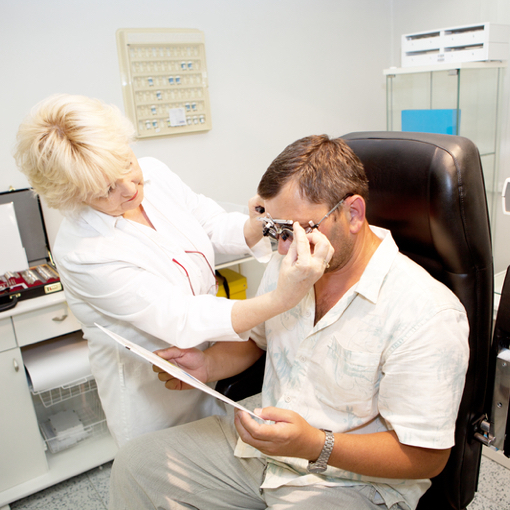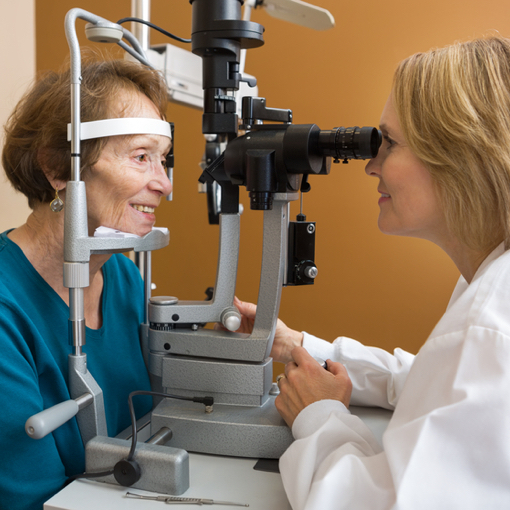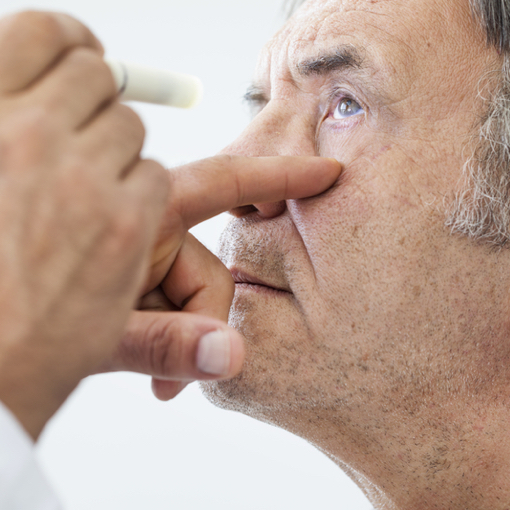Call our office
(423) 894-1453
932 Spring Creek Road
Chattanooga, Tennessee 37412
Complete Family Eye Care for all ages
Whether you just need glasses or are having more serious eye problems, we are here to help you. Eye care experts recommend you have a routine eye exam every year to assess your risk for potentially damaging eye conditions, as well as to keep on top of any changes in vision you may be experiencing.
We perform a variety of eye surgeries, either in the convenience of the office or next door in a state-of-the art ambulatory surgery center. Dr. Richmond and/or Dr. Dozier perform small-incision, high-technology cataract surgery with intraocular lens implantation, as well as laser surgery for glaucoma, and secondary membranes that occur after cataract surgery. Also, various eyelid procedures, punctal plugs for dry eyes, and treatments for macular degeneration are available.
If you wear contact lenses or are interested in wearing them, visit us for a contact lens exam. During a contact lens exam, your optometrist will determine your exact lens prescription and take certain measurements of the surface of your eye. With the results of these tests, we'll be able to provide you with the best-fitting contact lenses for your eyes and lifestyle. During your contact lens exam, your eye doctor will instruct you on proper wear and care instructions and show you how to insert and remove your lenses comfortably.
Glaucoma is an eye disease that damages the eye's optic nerve and tends to worsen over time. The two most common forms of the disease are open-angle glaucoma and angle-closure glaucoma. Open-angle glaucoma is very sneaky, because it presents no noticeable symptoms until irreversible damage has occurred. Hence, it is called the sneak thief of sight. Very often open angle glaucoma can be controlled with prescription eye drops or a five minute laser procedure. Signs of angle-closure glaucoma include blurry or hazy vision, eye redness, nausea and vomiting, severe eye or forehead pain, and seeing rainbows or halos. Seek emergency medical care if you experience any of those symptoms.
Drs. Richmond and Dozier can perform cataract surgeries with traditional intraocular lens implants, or with toric or multifocal implants in cases where more freedom from glasses is desired. The toric implants are specifically designed to allow better unaided vision for patients with astigmatism.
East Ridge Eye Center

When you come into our office, our front desk staff will greet you with a smile. To save time at the beginning of your visit, please download or complete your registration paperwork below.
Upon registration, one of our friendly technicians will call you back to begin your visit. Our technicians want to get to know more about you and anything troubling your eyes. After learning more about your history, the technician will begin the eye exam.
The technicians will first check your vision to learn how well you are seeing. Next, they will shine a light in your eyes to see how your pupils react. Abnormalities of the pupil sometimes indicate a disease process involving your optic nerve. They will then check your ocular alignment and movement, looking for any problems with the nerves and muscles that move your eyes.
Next, they will check your peripheral vision. Abnormalities of your peripheral vision can suggest optic nerve, retinal, or other diseases. Upon completion of these preliminary tests, the technician will begin to look at your eyes and make note of any abnormal or significant conditions, followed by placement of a local anesthetic drop in your eyes in order to check your intraocular eye pressure, an important screening test for glaucoma.
Once the technician has measured your eye pressure, they will place a few more drops in your eyes to dilate your pupils. These drops will open the pupils of your eyes and allow your ophthalmologist to perform a detailed exam. It will usually take 15-30 minutes for your eyes to dilate. While you wait, please feel free to browse in our optical shop, or watch TV in our dilation waiting room.


After your pupils are fully dilated, you will return to an examination room, where your ophthalmologist will perform a detailed eye exam, including a detailed examination of your retina. The lights used during this portion of the exam will seem very bright to you, but they will not hurt or damage your eyes. Your vision, especially your near vision, will be blurry once your eyes have been dilated and examined. You may wish to have a driver accompany you if you have never had an eye exam or if you experienced difficulty driving after a previous eye exam.
Once your ophthalmologist has reviewed your history and performed a comprehensive eye exam, they will take the time to discuss your particular situation with you and, if necessary, develop a treatment plan tailored to your needs and preferences. Our goal is to provide a comfortable experience for you during your visit, so if there is anything that we can do to improve your visit, please let your doctor or technician know.
Get Ready for Your FIRST VISIT